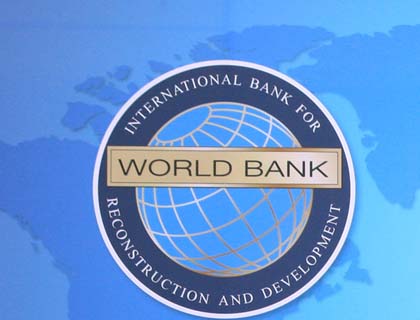KABUL - The World Bank indicated on Wednesday the withdrawal of international troops by 2014 and dwindling foreign aid would hit Afghanistan's economic growth, making it tough to sustain the achievements made over the last decade.
"Aid has funded the delivery of essential services, including education and health, infrastructure investments as well as government administration. The level of public spending that has been financed by such high aid flows will be fiscally unsustainable for Afghanistan once donor funds decline," said the bank in a report on Afghanistan.
In sum, the report added, the Afghan government would face an uphill task in poverty reduction, unemployment, improvement in per capita income and continuing its economic growth momentum.
The report -- Transitional Afghanistan Looking Beyond 2014 -- added the key issue was how to manage the transition and reduce adverse impacts, and put aid and spending on a more sustainable path for the longer term.
It noted substantial improvements in the lives of Afghans over the last 10 years due to donor funding -- estimated at $5.7 billion in 2010-2011 -- only a few countries received so much of aid such as Liberia, West Bank and Gaza.
International experience and Afghanistan's history after the Soviet military withdrawal in 1989 demonstrated that violent fluctuations in aid, especially abrupt cutoffs, were extremely damaging and destabilizing, explained the document.
"But these inflows, most outside the Afghan budget, have been so high that inevitable waste and corruption, aid dependency and use of parallel systems to circumvent limited government absorptive capacity have impeded aid delivery and building a more effective Afghan state," it said.
War-prone Afghanistan, with 30.6 million people and a per capita income of $528 in 2010-11, is rated as among the 10 poorest countries in the world. "A slowdown in aid will be felt more acutely in the conflict-affected areas and in urban centers. If aid declines gradually so that it can be partly offset by growth of security, mining, and civilian public sectors, the impact could be softened and spread over time."
"And not even all aid spent in Afghanistan feeds into the domestic economy, as it goes out in imports of goods and services, expatriated profits, and remittances," said the report. The cumulative US spending on the Afghan mission is estimated to be as high as $444 billion or $18.6 billion in 2011 alone. (Pajhwok)

